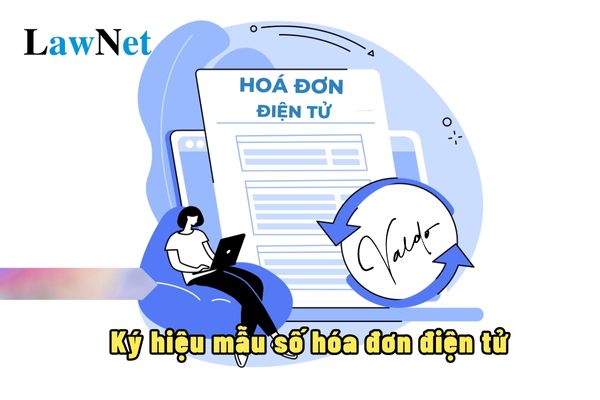What type of invoice is the e-invoice with form number 5 in Vietnam?
What type of invoice is the e-invoice with form number 5 in Vietnam?
Based on Article 4 of Circular 78/2021/TT-BTC regulating e-invoices as follows:
Form number, reference number, names of copies of an invoice
1. e-Invoice
a) The e-invoice form code is a character with a single natural number consisting of natural numbers 1, 2, 3, 4, 5, 6 to reflect the type of e-invoice as follows:
- Number 1: Reflects the type of e-invoice for value-added tax;
- Number 2: Reflects the type of e-sales invoice;
- Number 3: Reflects the type of e-invoice for public asset sales;
- Number 4: Reflects the type of e-invoice for national reserve goods sales;
- Number 5: Reflects other types of e-invoices being e-stamps, e-tickets, e-cards, e-receipts, or other e-documents named differently but containing the content of e-invoices as per the regulation in Decree No. 123/2020/ND-CP;
- Number 6: Reflects e-documents used and managed like invoices including e-internal warehouse release notes for transportation, e-warehouse release notes for consignment sales through agents.
...
Thus, according to the regulation, the e-invoice form code number 5 reflects other types of e-invoices, which can include e-stamps, e-tickets, e-cards, e-receipts, or other e-documents named differently but containing the content of e-invoices.

What type of invoice is the e-invoice with form number 5 in Vietnam? (Image from the Internet)
What language is used for the format of e-invoices in Vietnam?
The format of e-invoices is regulated in Article 12 of Decree 123/2020/ND-CP as follows:
e-Invoice Format
1. The e-invoice format is a technical standard defining the data type and data length of information fields for transmitting, storing, and displaying e-invoices. The e-invoice format uses the text formatting language XML (XML stands for "eXtensible Markup Language" developed for the purpose of sharing e-data between IT systems).
2. The e-invoice format includes two components: the component containing the e-invoice business data and the component containing the digital signature data. For e-invoices with tax authority codes, there is an additional component containing data related to the tax authority code.
3. The General Department of Taxation constructs and publishes the components containing the e-invoice business data, the digital signature data, and provides tools to display the contents of e-invoices according to the regulations of this Decree.
4. Organizations and enterprises selling goods, providing services when transferring e-invoice data to tax authorities directly must meet the following requirements:
a) Connect with the General Department of Taxation through a dedicated leased line or MPLS VPN Layer 3 channel, including 1 main transmission channel and 1 backup channel. Each transmission channel must have a minimum bandwidth of 5 Mbps.
b) Use Web Service or Message Queue (MQ) with encryption as the method for connection.
c) Use the SOAP protocol to encapsulate and transmit data.
5. e-invoices must be fully and accurately displayed to ensure there is no misleading interpretation, allowing the buyer to read them electronically.
The e-invoice format is a technical standard that defines the data type and data length of the information fields for transmitting, storing, and displaying e-invoices.
Thus, according to the above regulations, the format of e-invoices uses the text formatting language XML (XML stands for "eXtensible Markup Language" developed for the purpose of sharing e-data between IT systems).
What are the prohibited acts in the field of invoices in Vietnam?
According to Article 5 of Decree 123/2020/ND-CP, the prohibited acts in the field of invoices include:
- For tax officials
+ Creating inconveniences or difficulties for organizations and individuals coming to purchase invoices and documents;
+ Engaging in acts of cover-up or collusion with organizations and individuals to use unlawful invoices and documents;
+ Receiving bribes during audit or inspection of invoices.
- For organizations, individuals selling, providing goods, services, and entities with related rights and obligations
+ Committing fraudulent acts such as using unlawful invoices, unlawfully using invoices;
+ Obstructing tax officials in their duty performance, specifically actions that cause harm to the health or dignity of tax officials during audit or inspection of invoices and documents;
+ Unauthorized access, alteration, destruction of information systems concerning invoices and documents;
+ Offering bribes or committing other acts related to invoices and documents for illegitimate gain.

